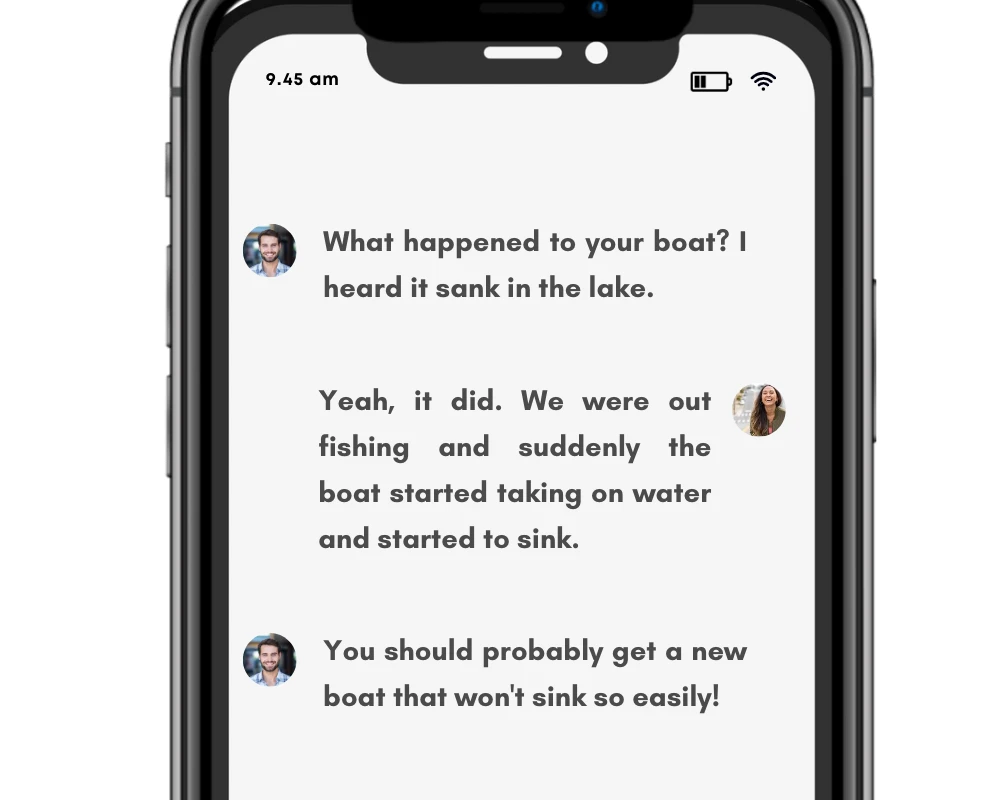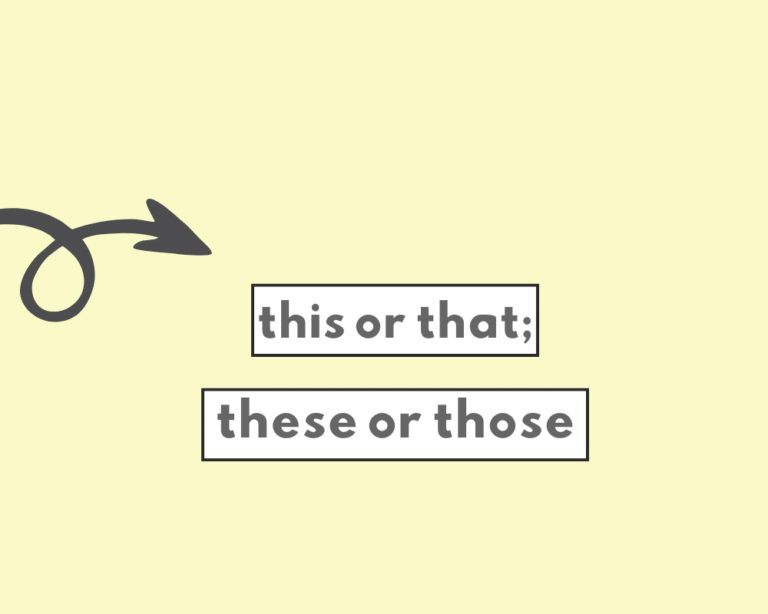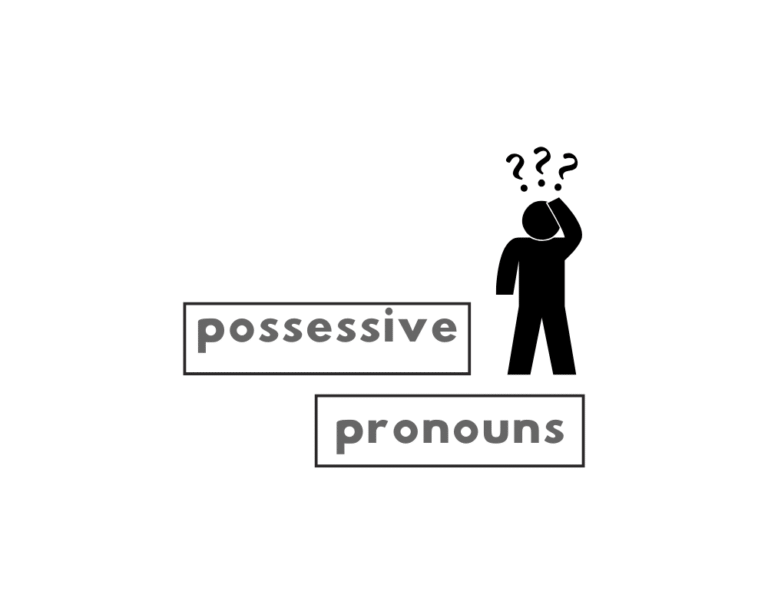
What’s the past tense of “sink”?
To sink, which is, “if a boat sinks or if someone or something sinks it, it disappears below the surface of a mass of water”.
The old fishing boat sank during the storm.
Divers found the wreckage of the ship that had sunk decades ago.
The heavy stone sunk to the riverbed.
The ship has sank before help could arrive.
A sink is also a noun, in this sense, “a sink is the same as a washbasin or, basin.” For example, a kitchen or bathroom sink.
Forms of the irregular verb, sink
| present | past | future | |
| simple | I sink | I sank | I will sink |
| continuous | I am sinking | I was sinking | I will be sinking |
| perfect | I have sunk | I had sunk | I will have sunk |
| perfect continuous | I have been sinking | I had been sinking | I will have been sinking |
| UK English | US English |
|---|---|
| 1. To sink is the present tense: I sink into the sofa to watch my television shows. | |
| 2. Sinks is third-person present singular: The ship sinks in the stormy sea. | |
| 3. Sinking is the present participle form: The boat is sinking slowly. | |
| 4. Will sink is future tense: The weight of the cargo will sink the ship if we don’t unload some of it. | |
| 5. Sank is past tense: The Titanic sank on its maiden voyage. | |
| 6. Sunk is the past participle form: The anchor has sunk into the ocean floor. | |
How to use the past tense of sink
Sink belongs to the class of irregular verbs with 3 different forms, like these other verbs with a similar conjugation pattern. See the chart:
| base verb | past tense | past participle |
| stink | stank | stunk |
| shrink | shrank | shrunk |
| sing | sang | sung |
| sink | sank | sunk |
| ring | rang | rung |
| spring | sprang | sprung |
| drink | drank | drunk |
Sank or sunk? What’s the difference?
| Word Form | Examples |
|---|---|
| Past Tense | She sank into depression. (past tense) |
| Past Participle | His eyes have sunk in. (past participle) |
Technically, sunk is the participle form of the verb sink, which means it joins with an auxiliary verb to convey tense, as is shown in the second sentence, i.e., ‘have sunk‘. The past participle also forms the passive voice, which takes on a sentence object. The simple past, on the other hand, does not require a helping verb, and can function ‘as is’, in sentences, so to speak.
Examples of sink in the present tense
| Word Form | Examples |
|---|---|
| Other | A fresh egg will sink and an old egg will float.
If your voice sinks, it becomes quieter. When they came to build the southern spire the foundations began to sink. She’d sometimes sink into depression. He sinks the needle into my arm. |
See examples of sank in the past tense:
| Word Form | Examples |
|---|---|
| Other | That night he sank into a deep coma.
My heart sank because I thought he was going to dump me for another girl. Her spirits sank lower and lower. Her voice sank, and he moved closer to catch what she was saying. Her spirits sank lower and lower. |
“sink’s” past tenses, associate “sank” with a single action (“it sank quickly”) and “sunk” with a completed state (“it had sunk to the bottom”).
Examples of the past participle, sunk
| Word Form | Examples |
|---|---|
| Other | Her voice had sunk to a whisper.
Bulgaria’s economy has sunk into chaos. Share prices would have sunk–hurting small and big investors. His eyes have sunk in. Her eyes were sunk deep into their sockets. |
Synonyms of ‘sink’
- capsize
- descend
- decline
- go down
- plunge
- drop
- disappear
- drown
- submerge
- plummet
- dip
- overturn
Origin of the word sink
From etymology online on sink (v.):
Old English sincan; related to Old Norse sökkva to sink, Gothic siggan, Old High German sincan, Swedish sjunka.
Read about other verb conjugations!
- What’s the past tense of spread?
- What’s the past tense of lead?
- What’s the past tense of choose?
- What’s the past tense of fly?
- What’s the past tense of lay?
- What’s the past tense of drive?
- What’s the past tense of draw?
Learn more about verbs
- What Are Regular and Irregular Verbs?
- Transitive and Intransitive Verbs?
- What Are Verbs?
- What’re Personal Pronouns?
- What’s the Difference Between They’re, Their, and There?
- Whose vs Who’s?
Sources
- Etymology online, origin of sink.
Worksheet
Which form is typically used as the simple past tense of ‘sink’, as shown in the example “The old fishing boat ____ during the storm.”?
Which form is the past participle of ‘sink’ and is used with auxiliary verbs like ‘have’, ‘has’, or ‘had’?
According to the post, which sentence demonstrates a common incorrect usage?
Which sentence correctly uses the past participle form of ‘sink’ with an auxiliary verb?
In the sentence “She sank into depression,” ‘sank’ is used as:
The Titanic on its maiden voyage.
By the time we arrived, the sun had already below the horizon.
The small boat within minutes of hitting the reef.
His voice to a whisper as he shared the secret.
The heavy object has to the bottom of the pool.
FAQs
What is the simple past of sink?
+
What is the past participle of sink?
+
When do you use sank?
+
When do you use sunk?
+
Can sunk be used alone (no helper)?
+
Yash, D. "What’s the Past Tense of Sink? Sank vs. Sunk?." Grammarflex, Jul 15, 2025, https://www.grammarflex.com/sank-vs-sunk-whats-the-past-tense-of-sink/.











